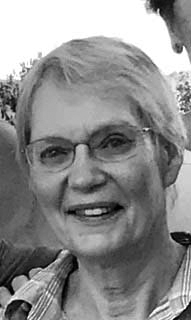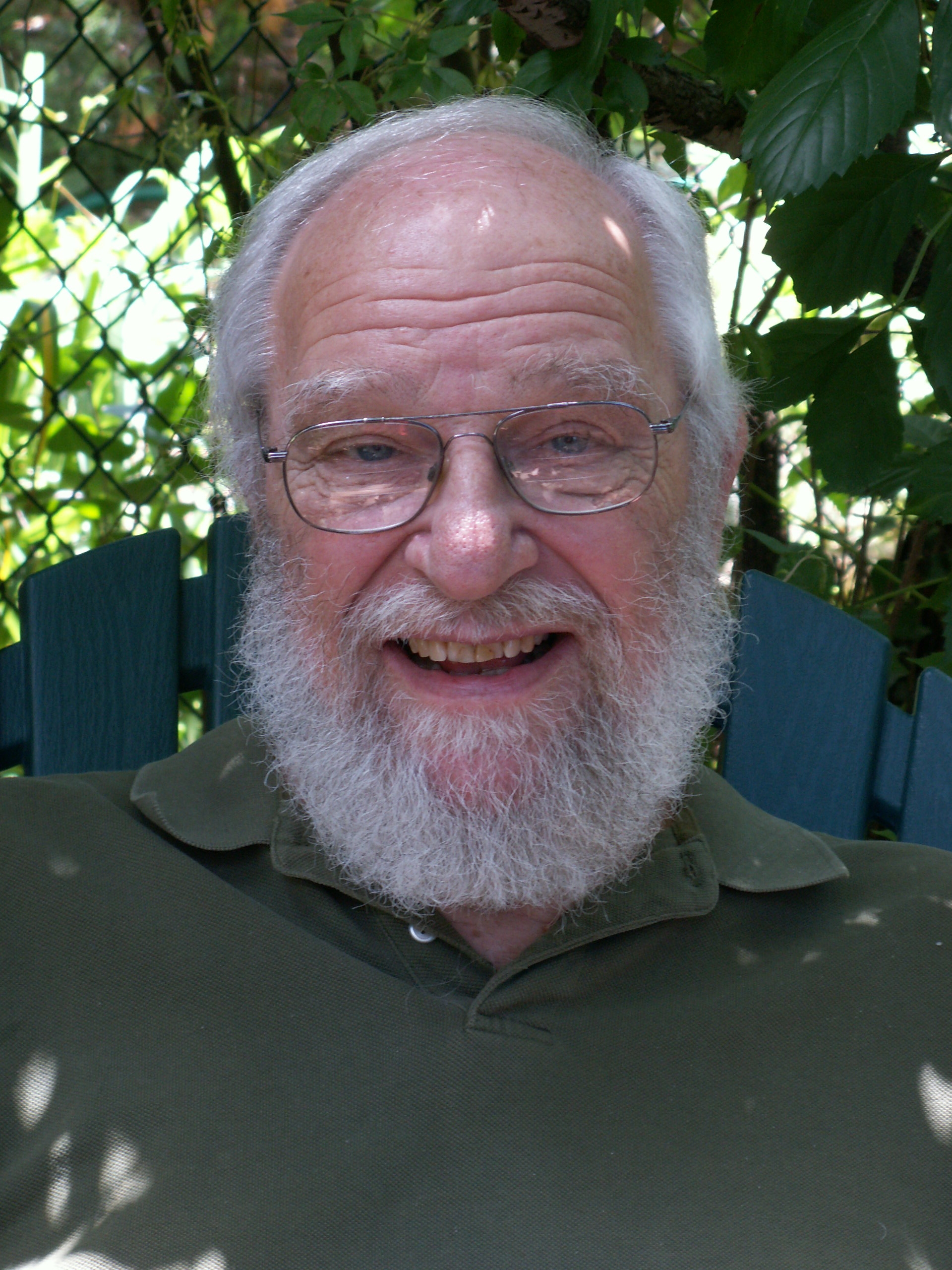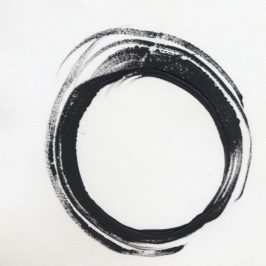



Sunny and seasonal, with poems by Pat Hale, Dorothy Riehm, John O’Dell and Ed Minus.
7 minutes
TRANSCRIPT
We’re a couple weeks past the Summer Solstice, so it’s too late to go to Stonehenge to see whatever happens with the sun and those stones, but it’s not too late for some poems about summer.
Pat Hale said that on her early morning walks she watched rabbits eating flowers and weeds, apparently unconcerned with the hawks and cats that also frequented the neighborhood. Here’s her poem “Wandering Through a Field of Rabbits.”
A morning walk before the day’s full heat –
fields of clover, rabbits grazing.
Their soft flesh and fur, their fragile bones.
To tell one story is to not tell another.
The rabbits’ eyes are hard black beads,
unfeatured and opaque, appearing pupil-less.
What do the rabbits think when they see me?
How can they crouch in the open so bravely,
here where anything might find them?
I move slowly through the landscape.
I’m afraid of falling again. Afraid to break.
Afraid of getting lost. Of being found.
My right wrist is tightly wrapped and bound,
pinned and plated. I hold it up
against my chest, higher than my heart.
I remember my son trying to catch a rabbit
in a campground outside Hershey.
It stayed always just a few yards ahead of him,
and might have lured him out of sight –
witches in those pines – if I hadn’t called him back
to the shelter of our nylon tent.
I remember my mother reading the tale
of Peter Rabbit, how she lingered over
the scratching sound of Mr. MacGregor’s rake.
We all knew Peter hid in the watering can,
that he would get home safely, but lose
his new blue jacket, and never get it back.
Pat Hale’s poem “Wandering Through a Field of Rabbits” from Passager Issue 70.
Dorothy Riehm said she composed “Taking the Light” while looking out the window at leaves blowing in a gentle wind and remembering how she felt when she was a child in the backyard of her house in Fargo, North Dakota.
Here under a sun that made nothing
old or poor the long day spread
in a changing green wonder of shadows
as I sang the summer afternoon away
safe in the kind town where people
lived their quiet lives and let me be
Tarzan on my swing or Guinevere,
ruler of the birds and the sky and the trees.
Here my father planted love
in the dark soil of our garden.
Invisible in the blue air it grew,
turning sunlight on inside of leaves.
It was wind whispering secrets in our old elm,
this mysterious air I breathed.
Now, with the murmur of that world
far away, I listen to the trees,
remembering voices of women
like birds talking among themselves
all afternoon in the leaves,
and evening voices of men
like the chirping comfort of crickets.
Happiness is hard to say but I know
it takes the light like leaves
and gives it back again,
shines in a similar kind of air.
“Taking the Light,” Dorothy Riehm, from Passager Issue 72.
You know those people wandering beaches with metal detectors. They inspired this next poem by John O’Dell, “Sand Sweepers.”
They seem assigned to every summer beach.
They seldom speak, just listen on headsets intent
to discover what secrets the sand will teach.
They move, as ancient turtles, furrowed necks bent.
What is it that these old men calmly search
all day with flat disk, and swinging metal pole?
It is, perhaps, what others seek in church,
the mind a geiger probing the rim of the soul.
Swift flight, shrill cries, salt tang – all ebb each day
on the treacherous current of their allotted hours
as they sweep the sand; it is no game they play.
They hunt for what they dare to hope has power
to stay, not yield its annealed core or force.
Not lust for silver dollar, quarter or dime
directs that patient, swinging circular course,
but something hard, and hidden away from time,
that will not crumble like fine slipping sand –
something to outlast a trembling human hand.
John O’Dell’s “Sand Sweepers” from Passager Issue 53.
And finally, Ed Minus’s poem “Mavis, Summer” also from Passager Issue 53.
She weeds her large garden by starlight,
Stinking of Stay-Off, beslimed with sweat.
At daybreak she feasts on cold melon, two beaten biscuits, unsweetened iced tea.
Washes up, feeds Fellini, writes letters, shells peas.
Arm in arm with the comprehensive heat,
She braves the two blocks to the corner market.
After lunch (purslane salad) she reads The Nation, then Chekhov.
Then naps upright in her wicker rocker.
At sundown she takes a long tepid bath,
Recalling her naptime dream of her mother.
Sometime after midnight she lies naked and wakeful on a pallet on the screened porch,
Blotting her face and hard body with a dish towel,
Fanning herself with a palm-frond fan,
Feeling herself a keen citizen of summer.
“Mavis, Summer.” Even though Ed Minus said that Mavis and her summertime life are entirely fictional, I’d like to believe that the scene he created was influenced by his South Carolina childhood.
To subscribe to, or learn more about Passager and its commitment to writers over 50, go to passagerbooks.com. You can download Burning Bright from Spotify, Apple and Google Podcasts, Audible, and a host of other podcast apps.
For Kendra, Mary, Christine, Rosanne, and the rest of the Passager staff, I’m Jon Shorr.






